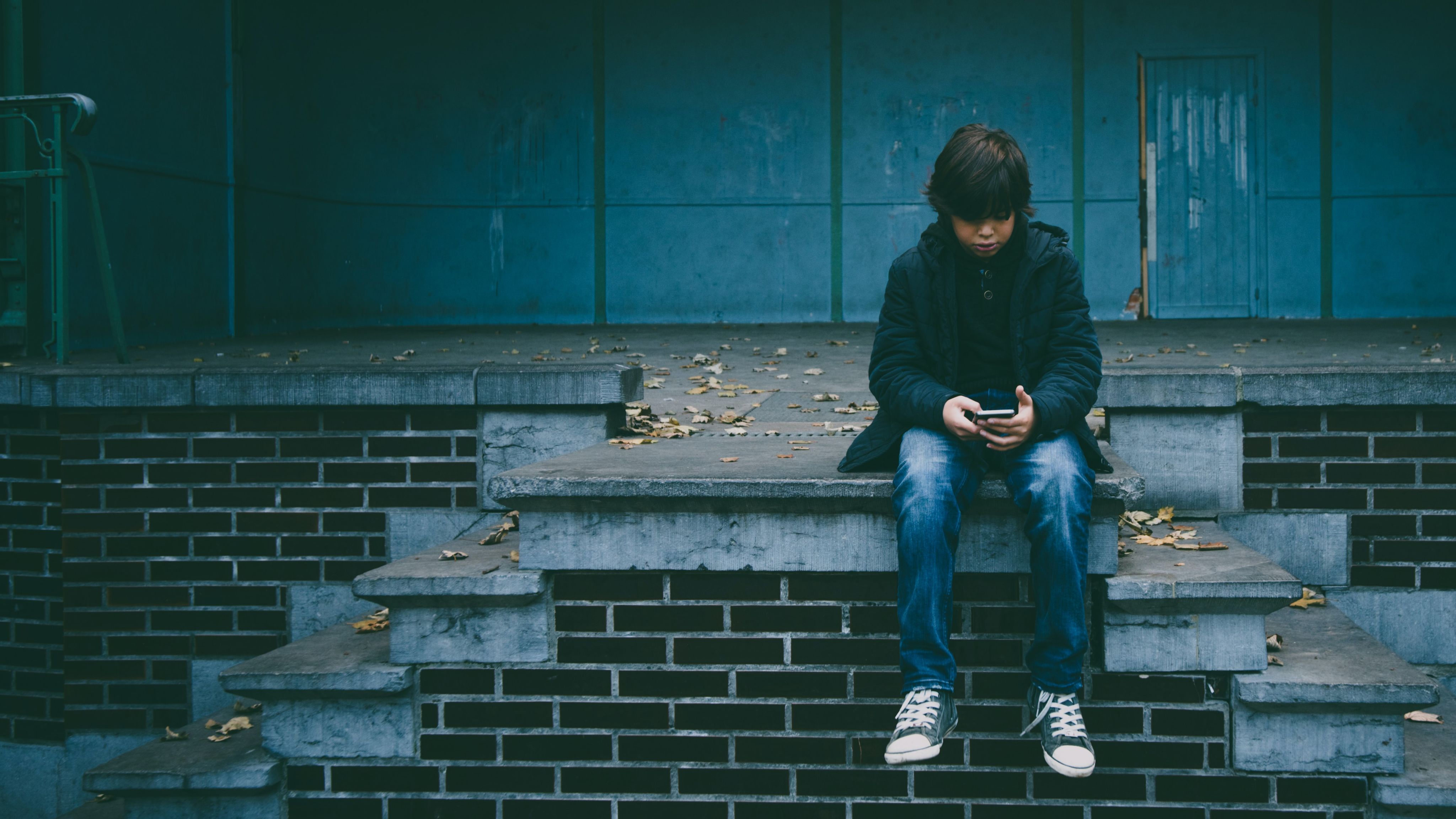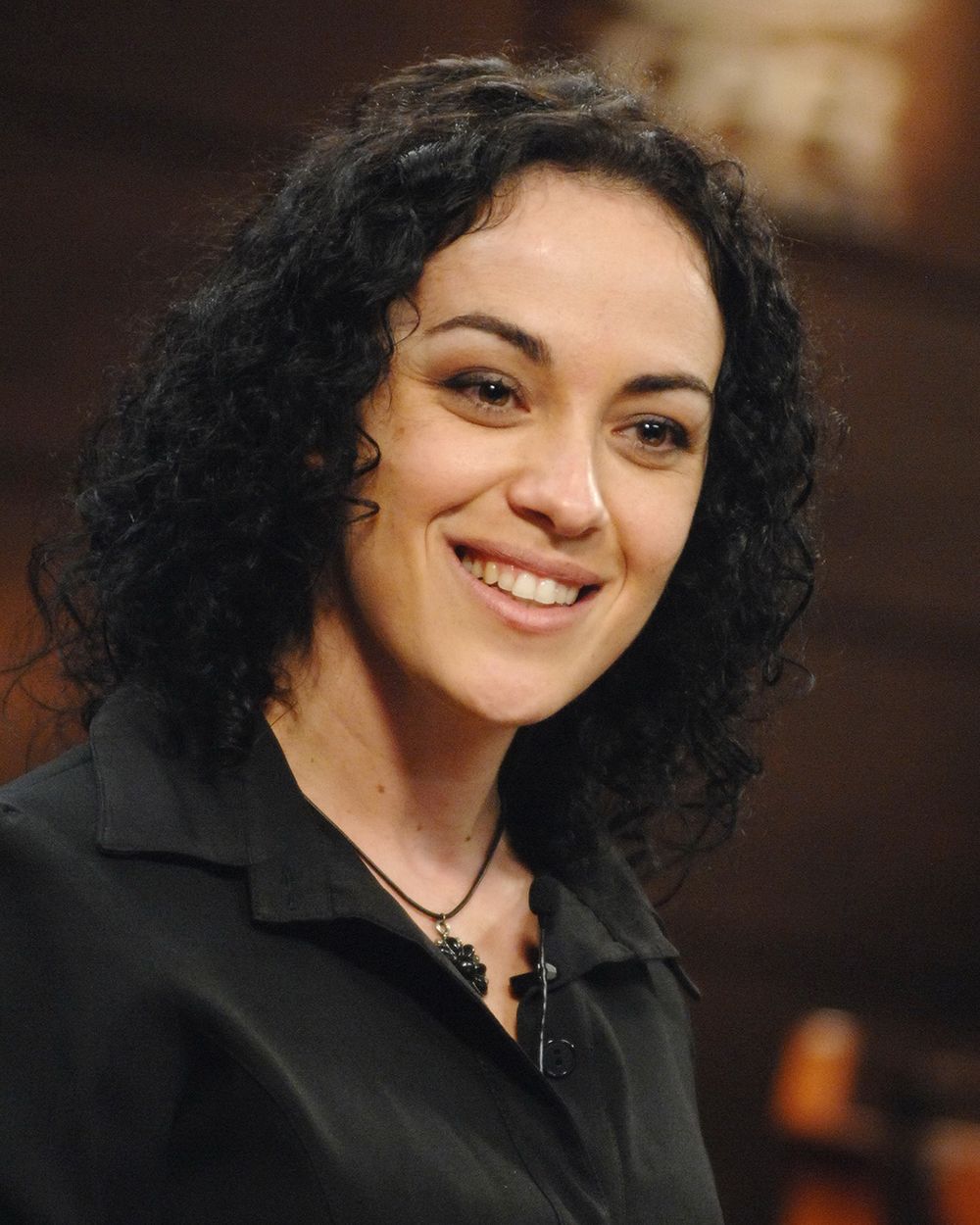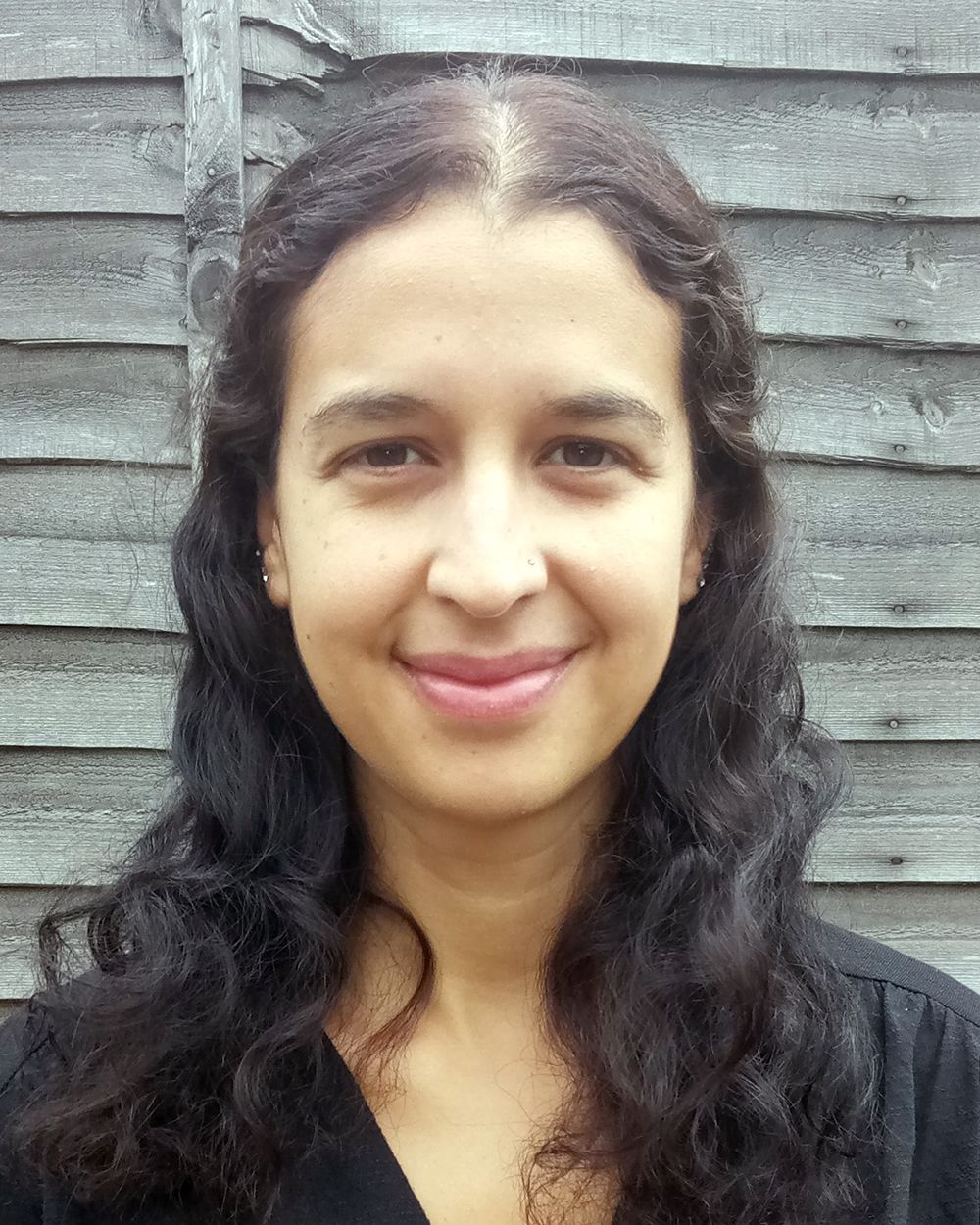

Young people need “education for communication” to negotiate fake news

Fake news and misinformation are now commonplace across social platforms, and arguably the staple of some conventional media outlets as well. Should we therefore be trying to do more to prepare young people to critique the information they receive?
In an event at the Faculty of Education last week (24 May), two former Brazilian politicians, Jean Wyllys and Márcia Tiburi, who have left the country after being targeted by fake news and hate campaigns, joined Haira Gandolfi, a Brazilian educator now working at the Faculty, to discuss fake news and education. They were also joined by Victor Fraga, the Anglo-Brazilian co-director of a new documentary about media manipulation, The Coup d’état Factory.
This event was part of the ‘Week of Fake News’ – a series of events marking the documentary’s release, the run-up to the Brazilian presidential election in October, and the potential re-election of Jair Bolsonaro – whose right-wing regime has been widely condemned for its propagation of lies and fake news. The Coup d’état Factory provides the deep context for that story, showing how Brazilian politics has been shaped by decades of media interference and manipulation, manifest in the monopoly of the television network, TV Globo.
The Brazilian experience also potentially offers lessons for other countries, including the UK. Here, Professor Tiburi and Dr Gandolfi answer some questions on that theme, explaining why fake news belongs on the curriculum, how to incorporate “education for communication”, and the problem with the Government’s recent guidance on political impartiality for schools.

Márcia Tiburi is a philosopher, artist and writer currently working at the University Paris 8. She has written extensively about the rise of fascism and fake news in Brazil, most recently in The Psycho-cultural Underpinnings of Everyday Fascism.
She ran for Governor of Rio de Janeiro in 2018, finishing seventh. Later that year she left Brazil, after receiving death threats instigated by the Free Brazil Movement – a right-wing activist group which has been heavily criticised for spreading fake news.

Haira Gandolfi worked as a science and chemistry teacher in Brazil before moving to the UK to study for a PhD in Education. Partly because of the rise of the Bolsonaro government, which has spread misinformation demonising teachers, she then chose to remain in the UK as an educator and researcher.
Her main expertise relates to decolonial curricula and pedagogies, and science education.
Q: In general, are the issues raised in The Coup d’État Factory relevant to the UK?
Márcia Tiburi: Brazil has been a laboratory of authoritarianism, fascism and neoliberalism. Everyone needs to know the example it gives us of a democracy that died, to avoid the same thing being repeated elsewhere. The mass media are fundamental in processes of psychopower – that is, they influence the mentality, emotions and feelings of the masses. How that process works is something we should all be aware of.
Haira Gandolfi: Whenever I have to explain it to a non-Brazilian, I compare the way parts of the Brazilian traditional media have supported the far-right to how Fox News supported Donald Trump.
In the UK, there’s an analogy with how the right-wing press wields influence over a certain sector of public opinion. The difference in Brazil is that media outlets like TV Globo and Record have audience domination, not just an audience share. But while that makes it different, there are certain comparisons you could draw in terms of the mechanics.
Q. Why is fake news relevant to education?
MT: I really believe that schools should give young people an education that helps them to understand the power games that are being played out around them. This implies a need to understand how different media are operating, as well as religious discourses, and historical and political processes that affect people’s private and collective lives.
It’s important that young people and children – and indeed people of all generations – are informed about the ways in which truth and lies are constructed and manipulated. For example, the history of fascism is partly the history of propaganda and fake news. If we want people to be lucid and attentive enough to stand up to the challenges something like fascism poses, we need to illuminate the power games, essentially the manipulation of language, that define the contexts in which they live.
HG: A good teacher can help students to see multiple perspectives in relation to a particular problem, and at the same time explore where those positions come from and what the inherent prejudices, norms and values within them might be. These skills are relevant in every classroom.
For example, an issue that comes up in science education a lot is climate change denial. Rather than simply disregarding this denial, I believe we should be equipping young people to interrogate it.
When they see something outside school that challenges the reality of climate change, they should be able to ask, “Are the people behind this scientists? If so, why might they be saying this? And if not, what interests might be at play here?” The need to treat these issues with care also tells us a lot about what we need from teacher education: about the kinds of skills we ought to be cultivating in teachers themselves.
"At the moment, we are living through an acute phase in the development of fake news. We really need more lectures, courses and public debates on the subject."
Q. In practical terms, how should we go about addressing fake news in schools – particularly bearing in mind that teachers are already overloaded as it is?
MT: I am in favour of a very interdisciplinary approach to education, in which these ideas characterise how we study history, philosophy, geopolitics, art, maths, languages. At the moment, though, I think we are living through an acute phase in the development of fake news. We really need more lectures, courses and public debates on the subject.
I don’t know the English school curriculum well enough, but some sort of component on ‘education for communication’ would be an objective worth following.
This would need to deal with ethics and politics, aesthetics, and the way we produce discourses and subjectivities in what we might call our “everyday virtual life” on digital platforms and social media. This is a theme which could be built into subjects like history, languages, philosophy, sociology and science, all of which are subjects with a role to play in tackling fake news.
HG: I agree it needs to be considered in every subject field. There are particularities in every discipline where we need to think about how that subject matter is being presented in certain media sources and on social media outside the curriculum, and how we can help young people to think about those competing sources of information. These are challenges that didn’t exist in the same form 15 or 20 years ago, especially because of the spread of social media, and have never been properly addressed. There is some catching up to do.
Q. How have fake news and misinformation shaped education in Brazil?
MT: Brazil has a desperate education system in general. There are a number of projects that restrict the teaching of philosophy, sociology, geography, arts and gender studies. These are defended by extreme, right-wing deputies called escola sem partido (‘school without political party’). Education is being taken over by these extreme perspectives.
To give an example, one fake news story that these groups was the ‘Gay Kit’ myth. The claim was that the Brazilian Workers’ Party wanted to turn all children and young people into homosexuals and transsexuals. Allegedly, young children were being given a ‘gay kit’ by teachers to achieve this, featuring materials such as books about sex and a penis-shaped bottle. Bolsonaro spoke about this on the country’s biggest news programme and the presenter never once challenged him. Unfortunately, a huge part of the population believes the story is true. The circulation of these myths has allowed right-wing groups to control what teachers do in schools. There is widespread persecution of gender studies, for example. Teachers who speak about gender-related issues and different types of sexuality in the classroom have been summoned by authorities and asked to explain themselves. If they oppose the government-sponsored ‘gender ideology’, they suffer retaliation.
HG: I originally came to the UK in 2015 to do a PhD and my original plan was then to go back to Brazil. I started to reconsider when the escola sem partido movement started censoring textbooks and encouraging parental denunciations of teachers who were seen as promoting ‘communist’ – or anti-capitalist – ideas in the classroom.
One of the main uses of fake news like the ‘Gay Kit’ story was not just to demonise teachers, but to justify legislative limits on what they could do. I didn’t feel safe going back because of the work that I do on decolonisation and anti-racism – these are exactly the kinds of things the movement has targeted.
These incidents limit how much teachers can do their jobs. A good biology teacher, for example, needs to cover topics such as gender and sexuality by addressing the biological, social and psychological perspectives on those topics.
Populist politics is censoring those kinds of discussions. Students have even been encouraged to denounce teachers, by recording them on their phones and sending the clips to right-wing media or politicians. Needless to say, what then appears in the news is completely unrepresentative of what actually went on in the classroom.
Q. What might be the consequences of not addressing fake news and misinformation in education?
MT: The danger is that education becomes a field for the production of deceitful and falsifying discourse instead. I always turn back to [Theodor] Adorno’s Education after Auschwitz and the warning that we need education to prevent the horror happening again. The task of education is immense.
HG: If you want to stop people from thinking for themselves, the first thing you erode is the education sector, so that you can encourage a one-size-fits-all view of the world. Students who aren’t encouraged to be critical thinkers will consume fake news as ‘alternative facts’. This points to another, bigger problem. If we see the purpose of education as that of teaching children only ‘facts’ and nothing more, we’re not giving them the tools to identify misinformation; all we do is turn them into passive consumers of ‘facts’ that are given to them, including the alternative ones, without the necessary skills to also critically evaluate those facts.
Q. The British government has received considerable attention and some guarded criticism for its guidance on ‘political impartiality’ in English classrooms. Does this guidance help or hinder learning about fake news?
MT: The moral and political task of education cannot be erased. Pierre Bourdieu warned that education could be a reproduction of a system of oppression. This is the most common issue we face in a political sense.
One way to look at this is to contrast two possible ways of teaching students. One is the ‘banking education’ of which Paulo Freire spoke, in which students are passive and have knowledge ‘deposited’ into them by a teacher.
The other is education which makes students critical and analytical thinkers. This is education for emancipation – or education for autonomy, as Freire called it. The second form allows teachers to alert young people to the power games that define their lives. So it is implicitly political.
HG: It’s important to stress that the Government is not using the same language that we have seen constrain teachers in Brazil in the recent guidance: it is nowhere near as extreme. But we can legitimately worry about where it might be leading, as some teachers’ organisations have pointed out. Saying that teachers should avoid even discussing what the government believes to be ‘widely contested’ views, such as systemic racism or Critical Race Theory (which is actually a longstanding academic area of research, with very sound and respected intellectual developments), sounds a lot like the beginning of what happened in Brazil.
Education is, inevitably, political. That doesn’t mean teachers should ever indoctrinate pupils. What it means is that different ways of organising society and different decisions have consequences. If you’re going to teach urban planning in a geography class, for instance, students need to know how this can enable or marginalise certain groups of people. What some consider to be 'sensitive’ topics – like gender and sexuality, climate change, the history of slavery – need to be thought about critically in order to be understood. If we decide that some takes on these issues are now off-limits as ‘political’ positioning, we cancel that opportunity. It’s an incredibly dangerous way to prepare young people for a complex world.
Images in this story:
Main image: by Gaelle Marcel on Unsplash
Photograph of Marcia Tiburi: Marcia Tiburi by CPFL Cultura via Wikimedia Commons is licensed under CC BY 2.0